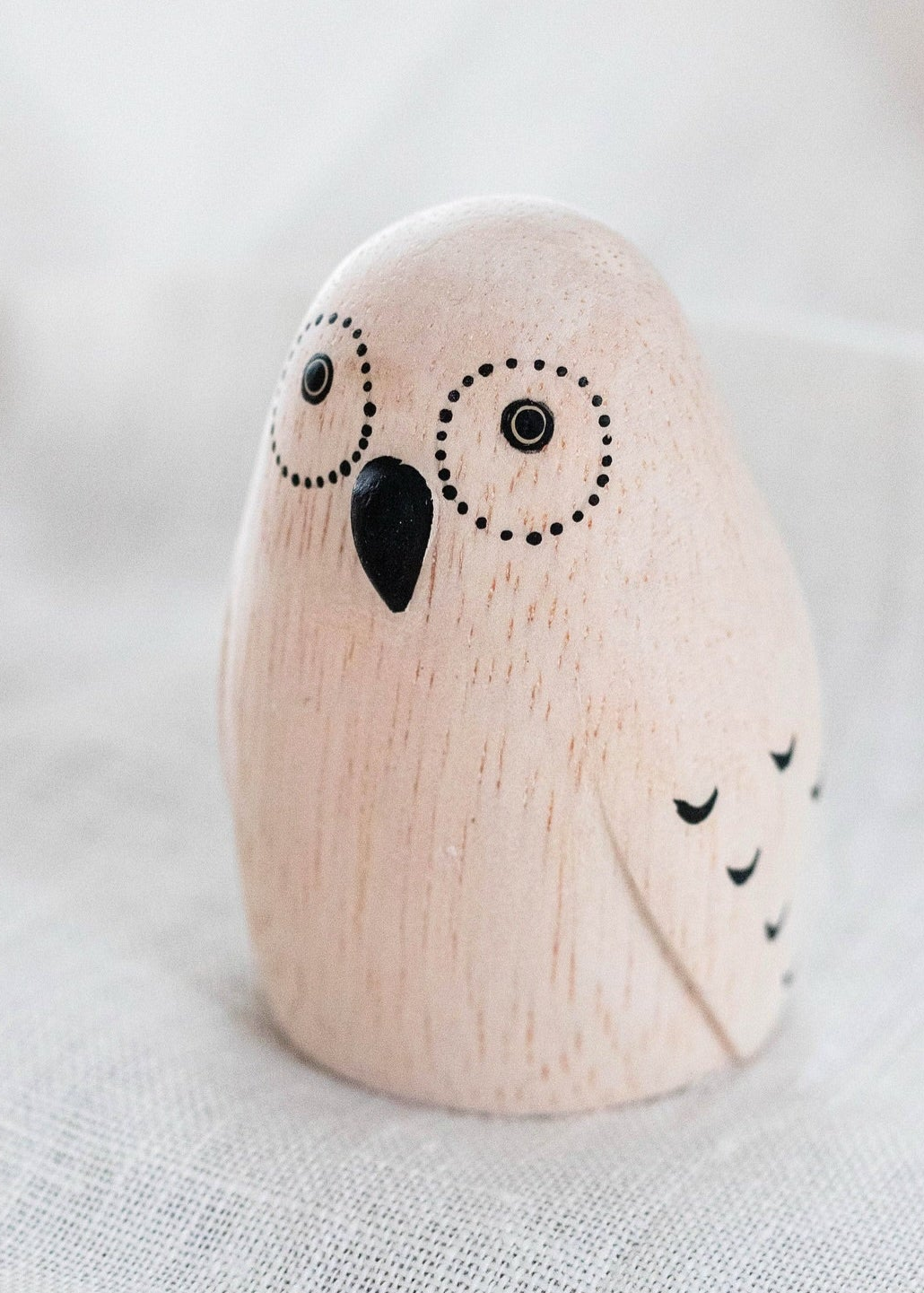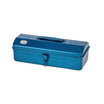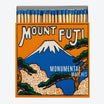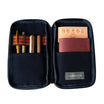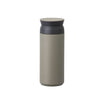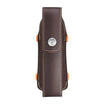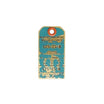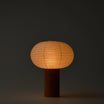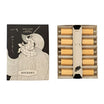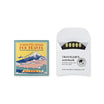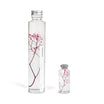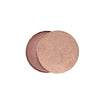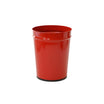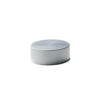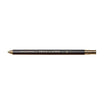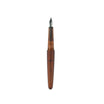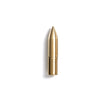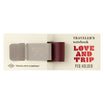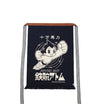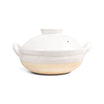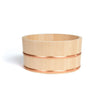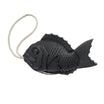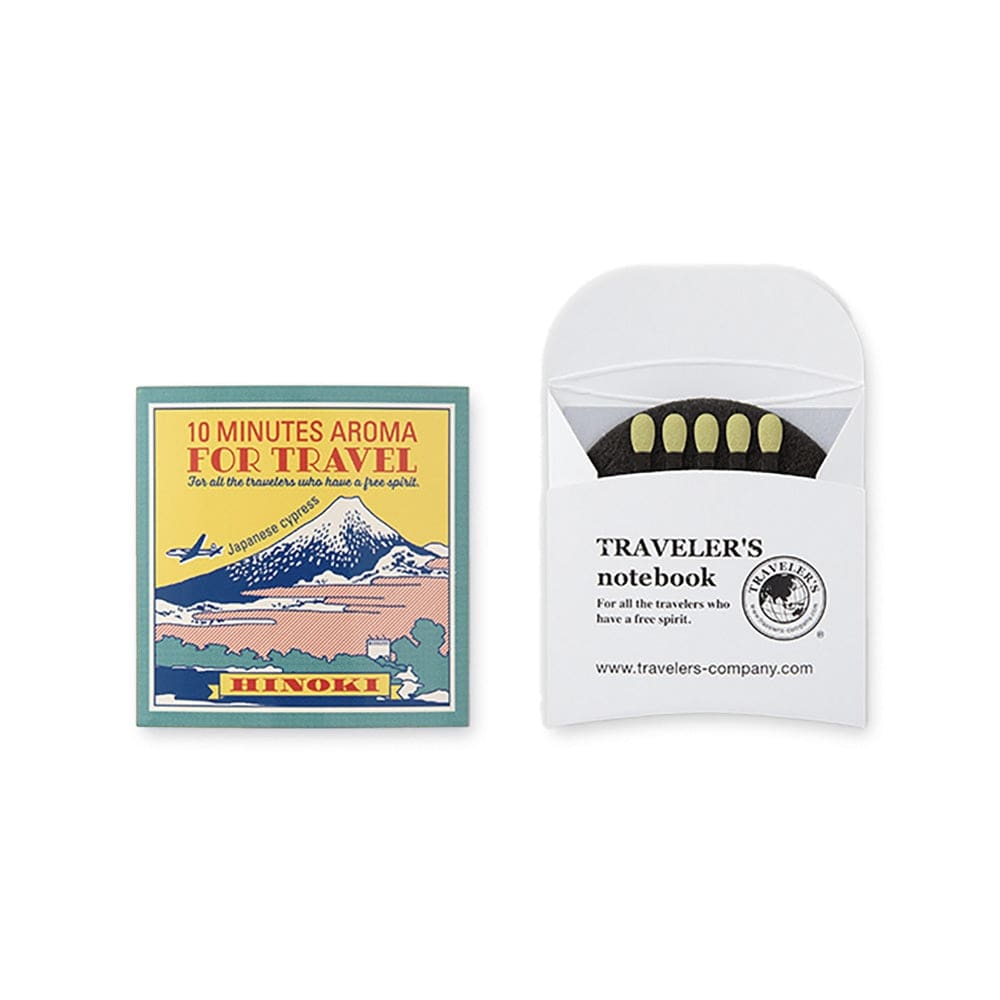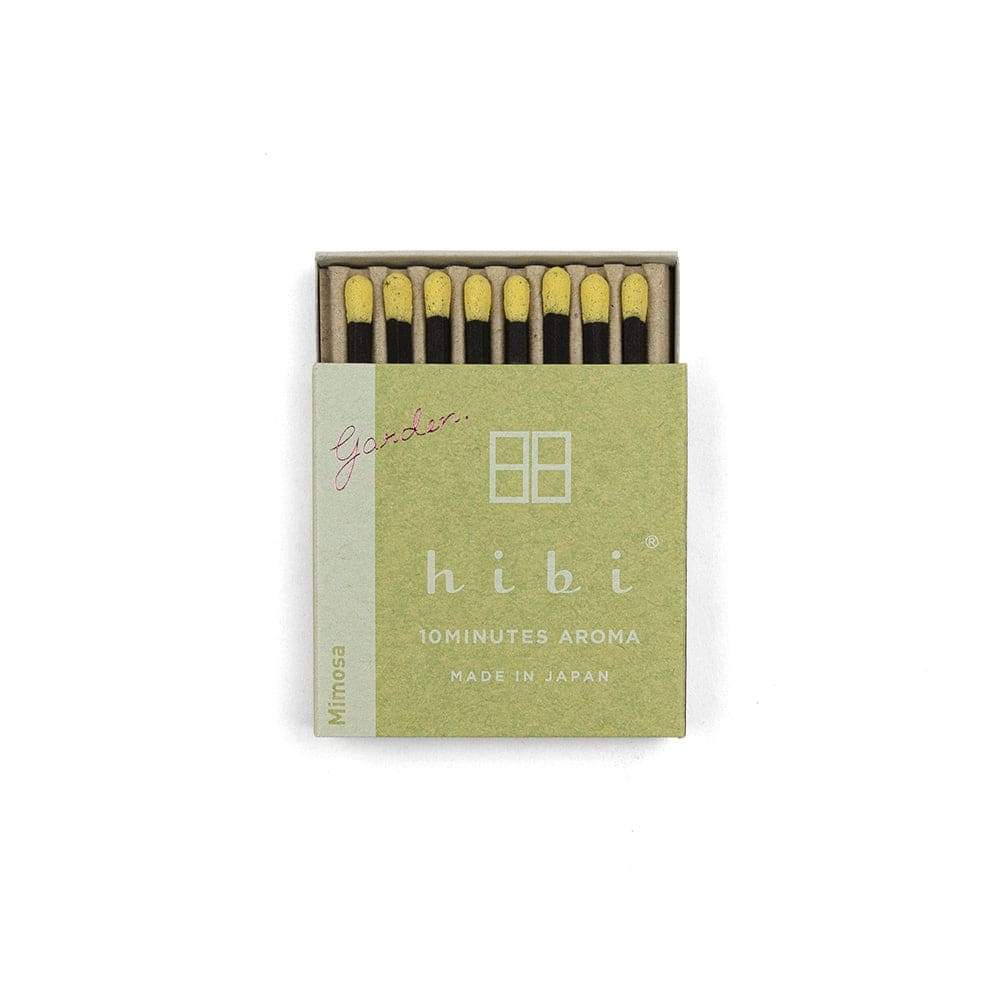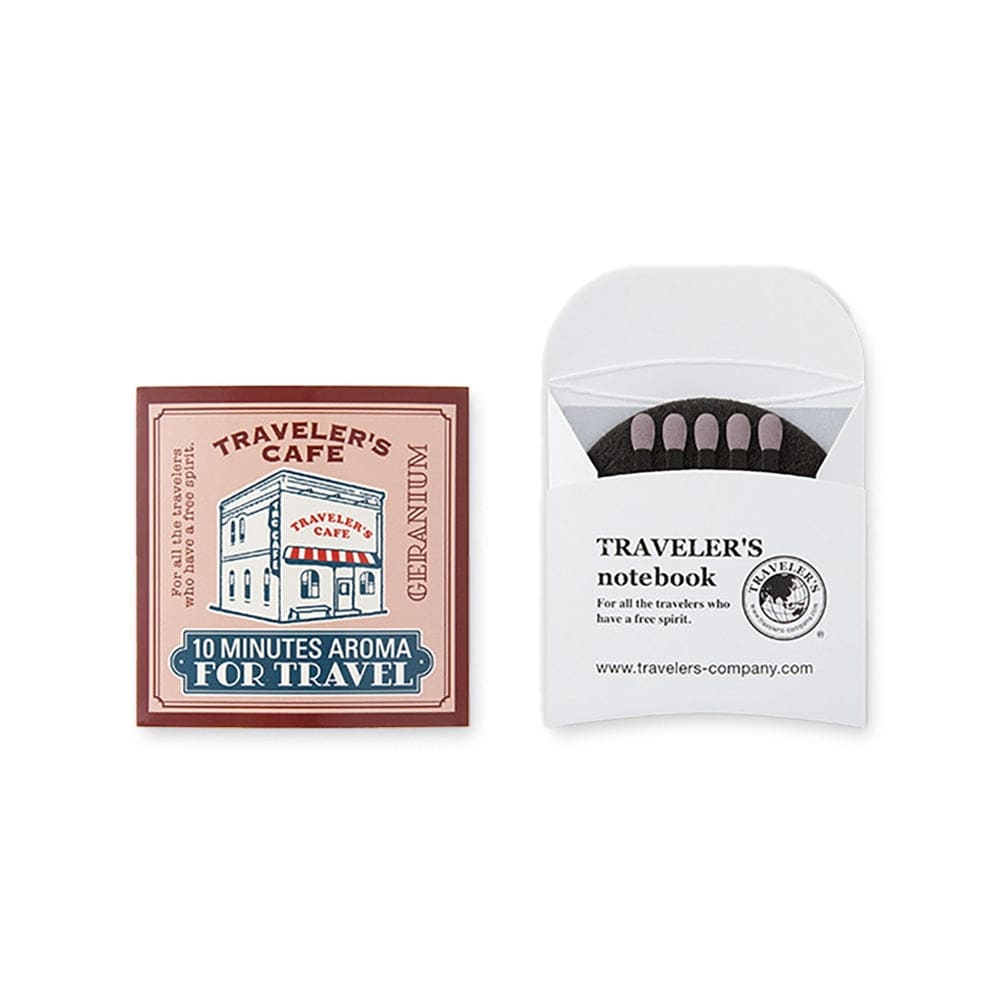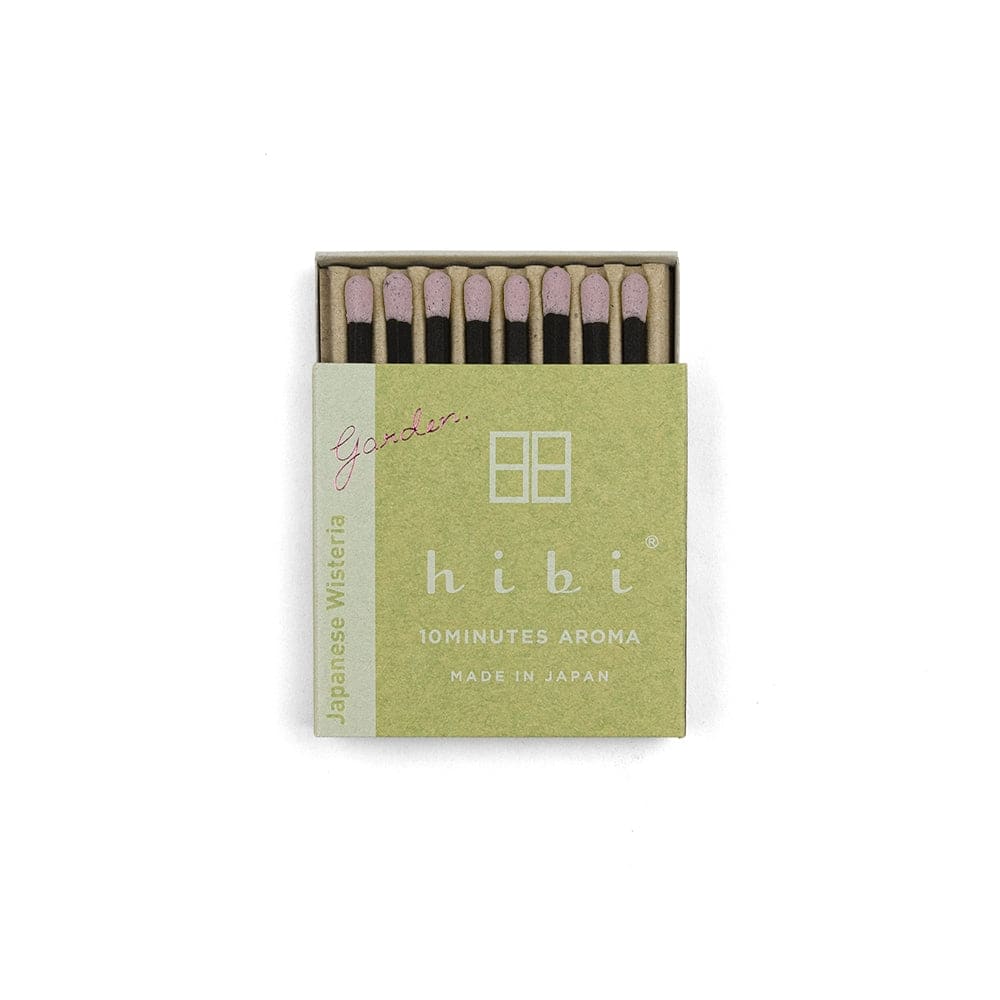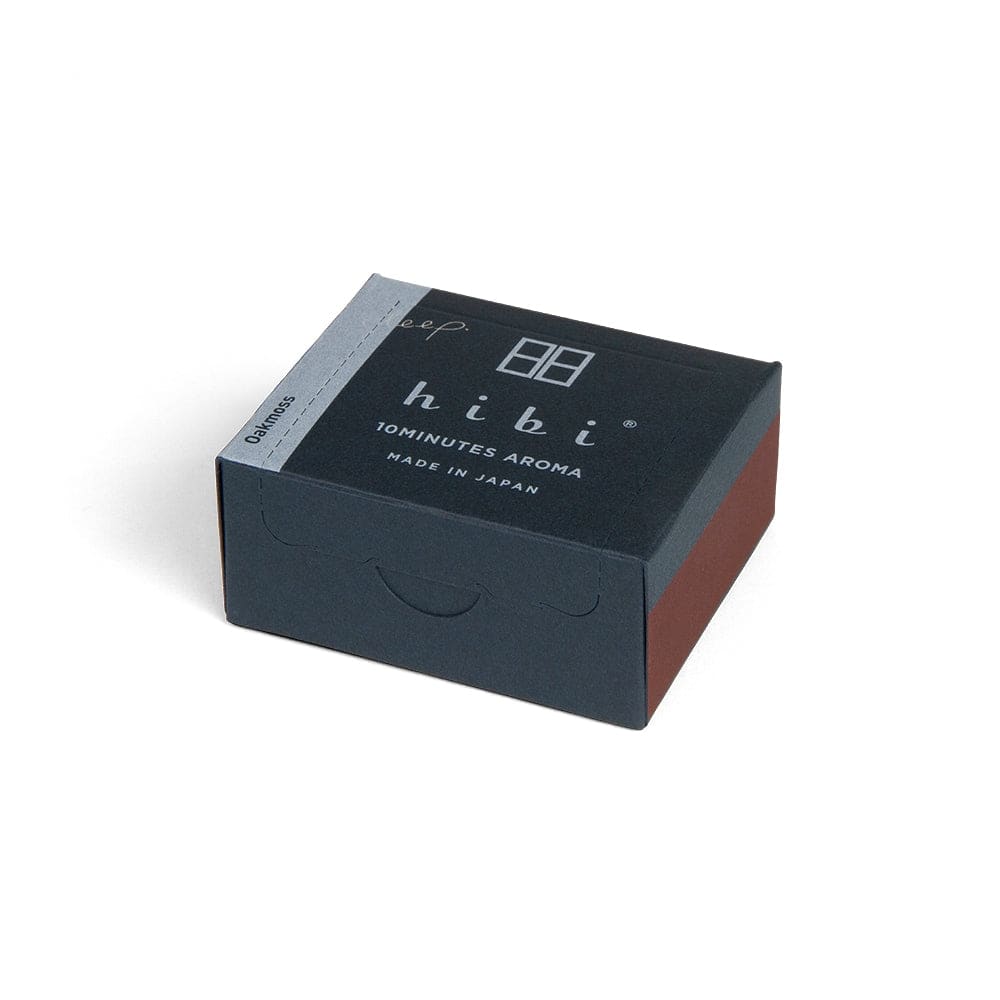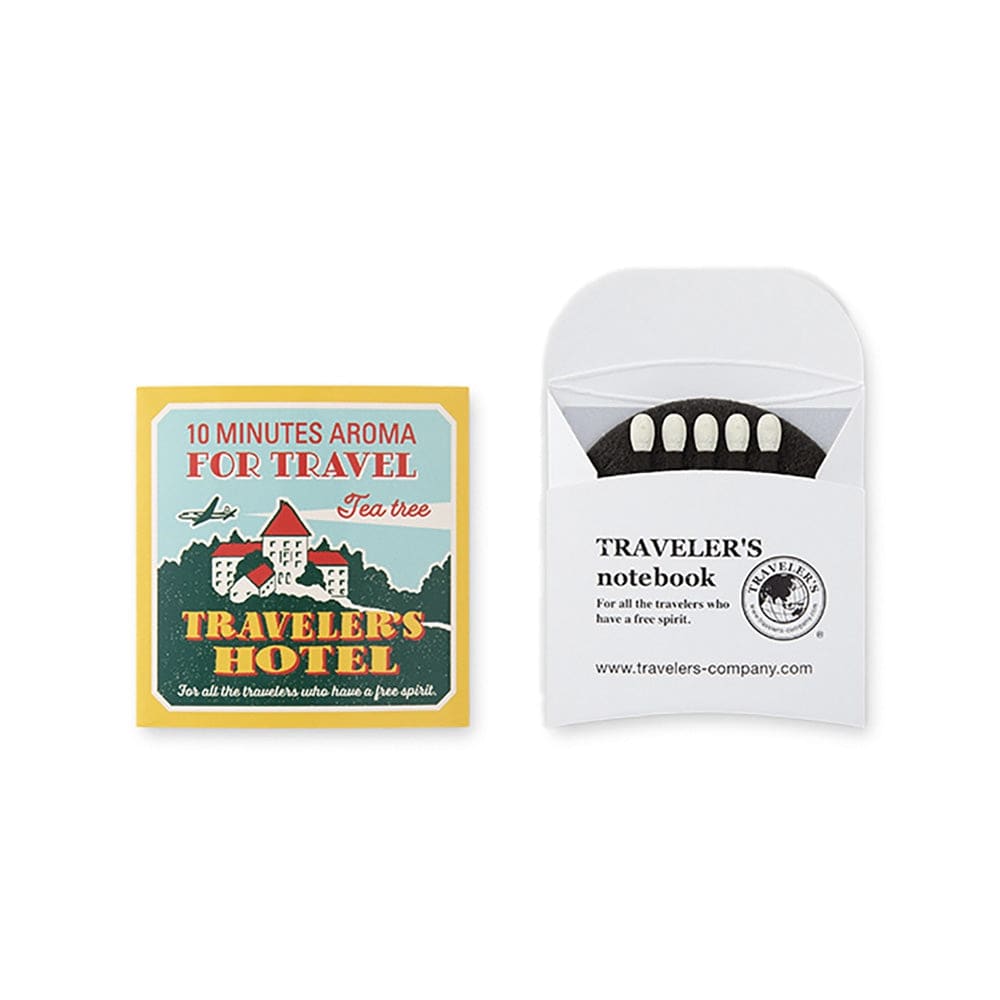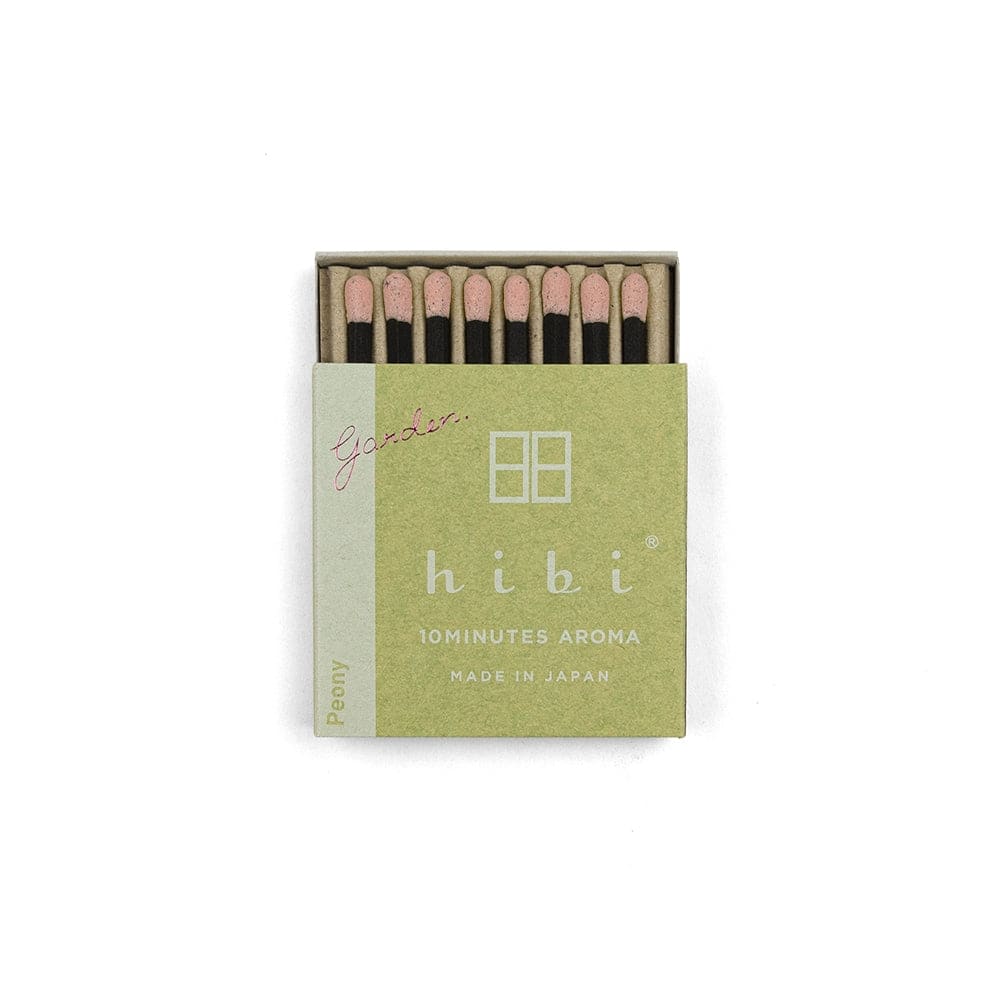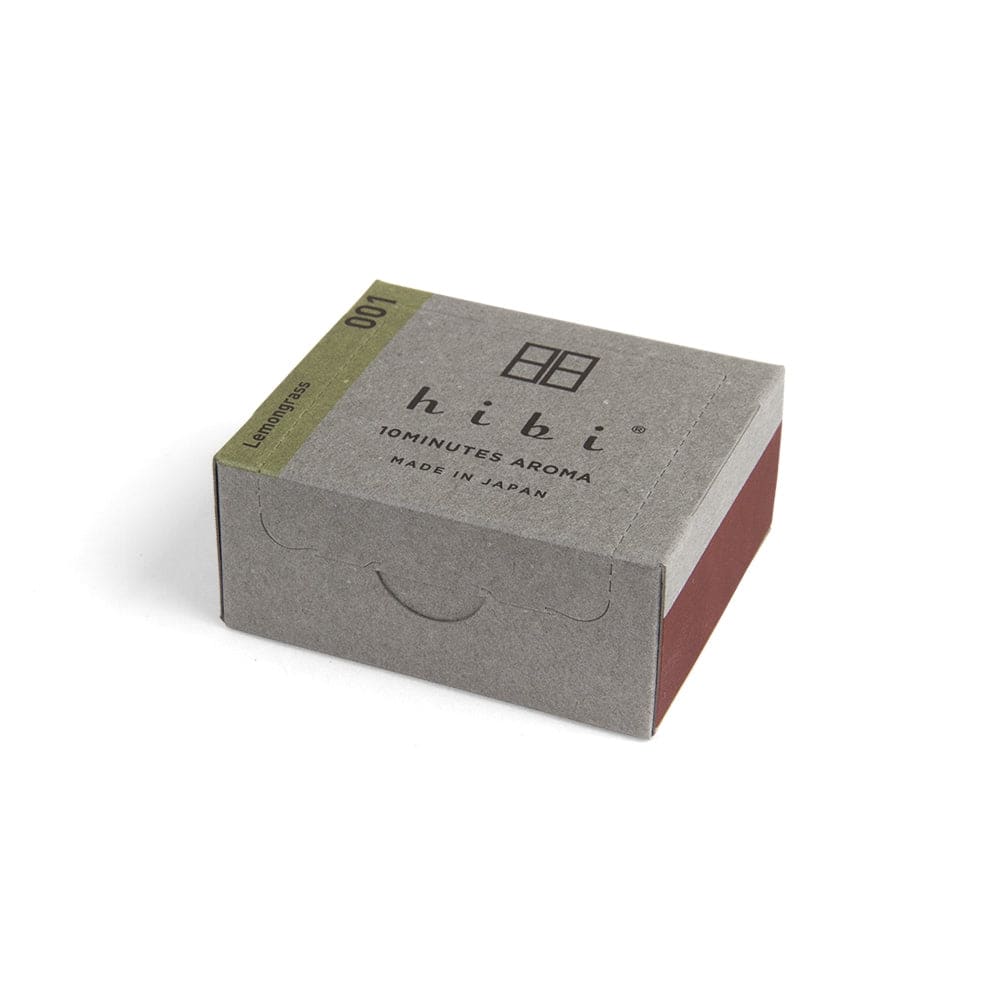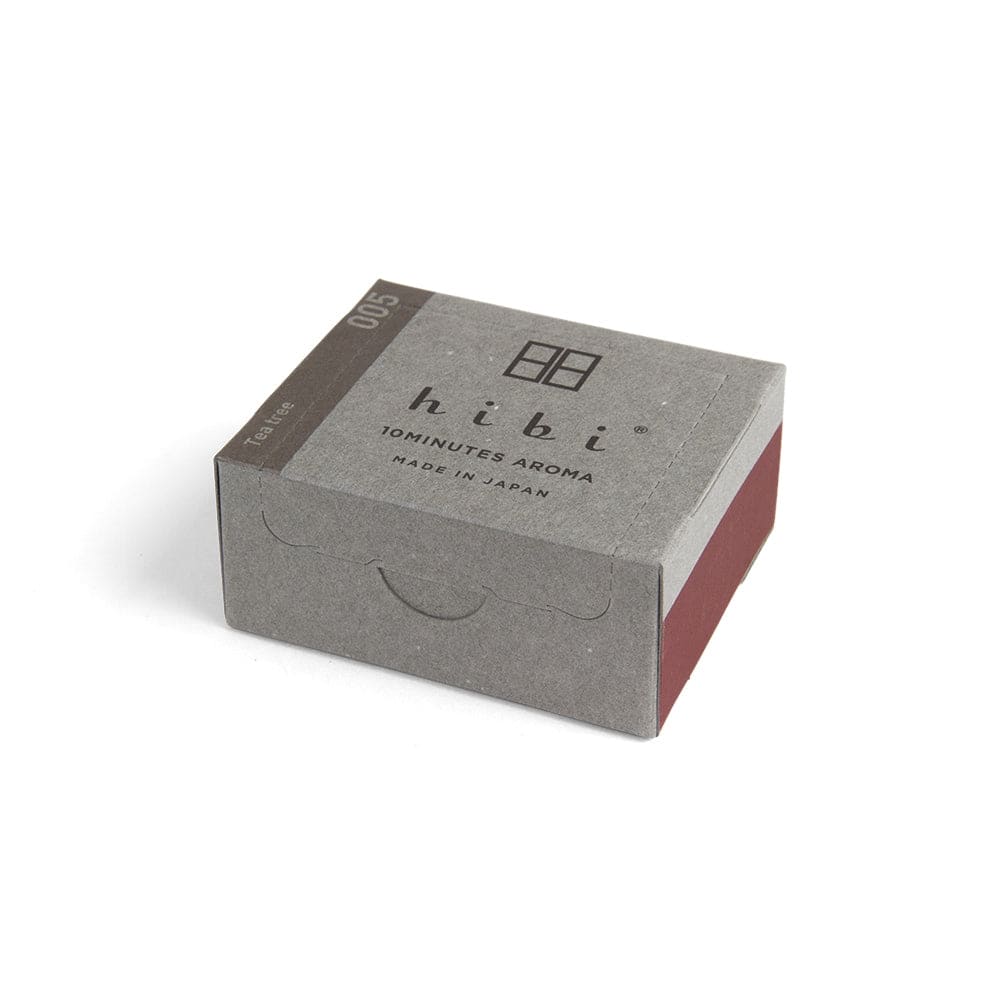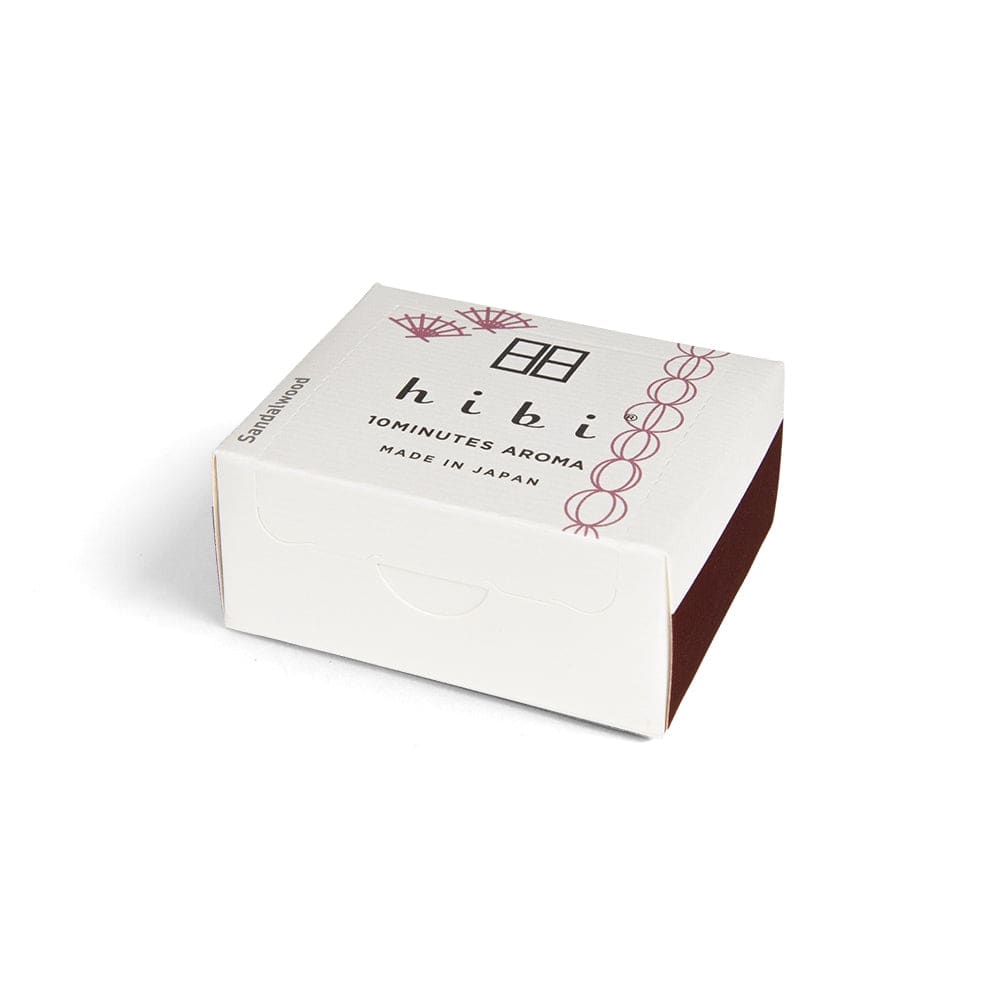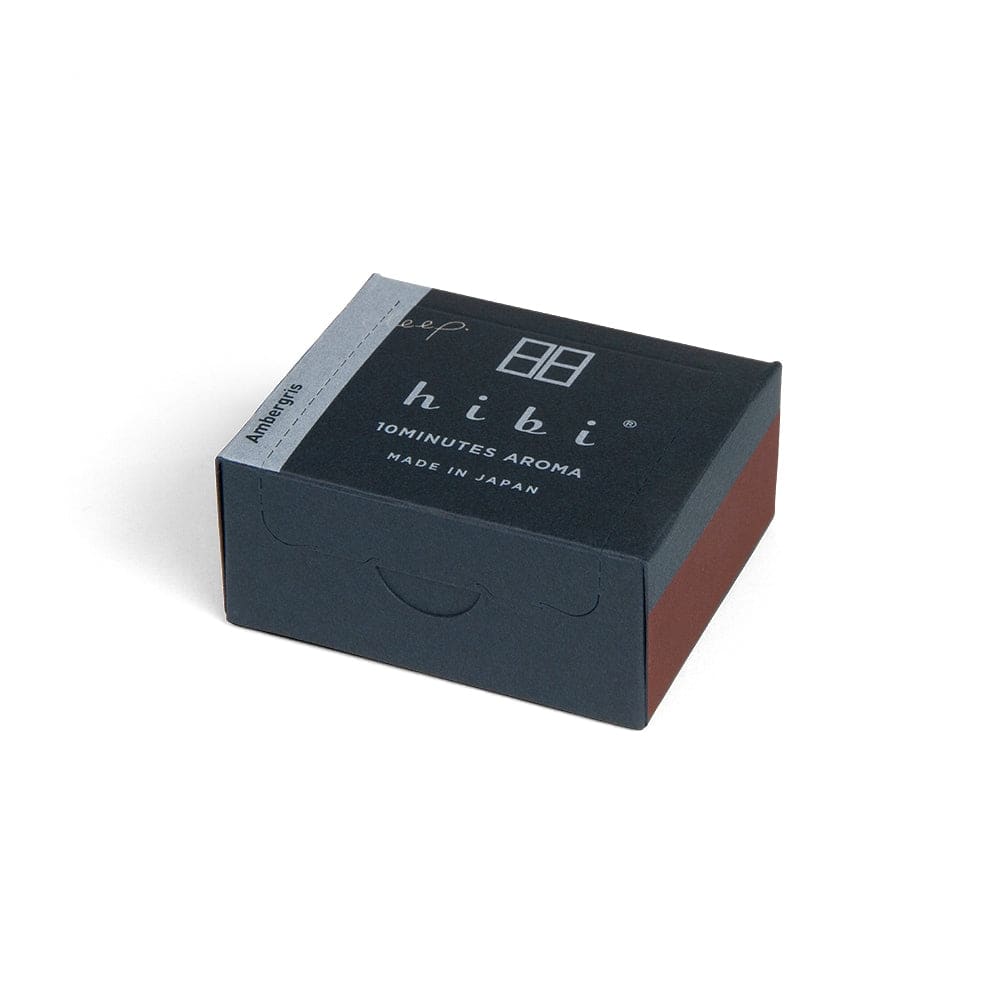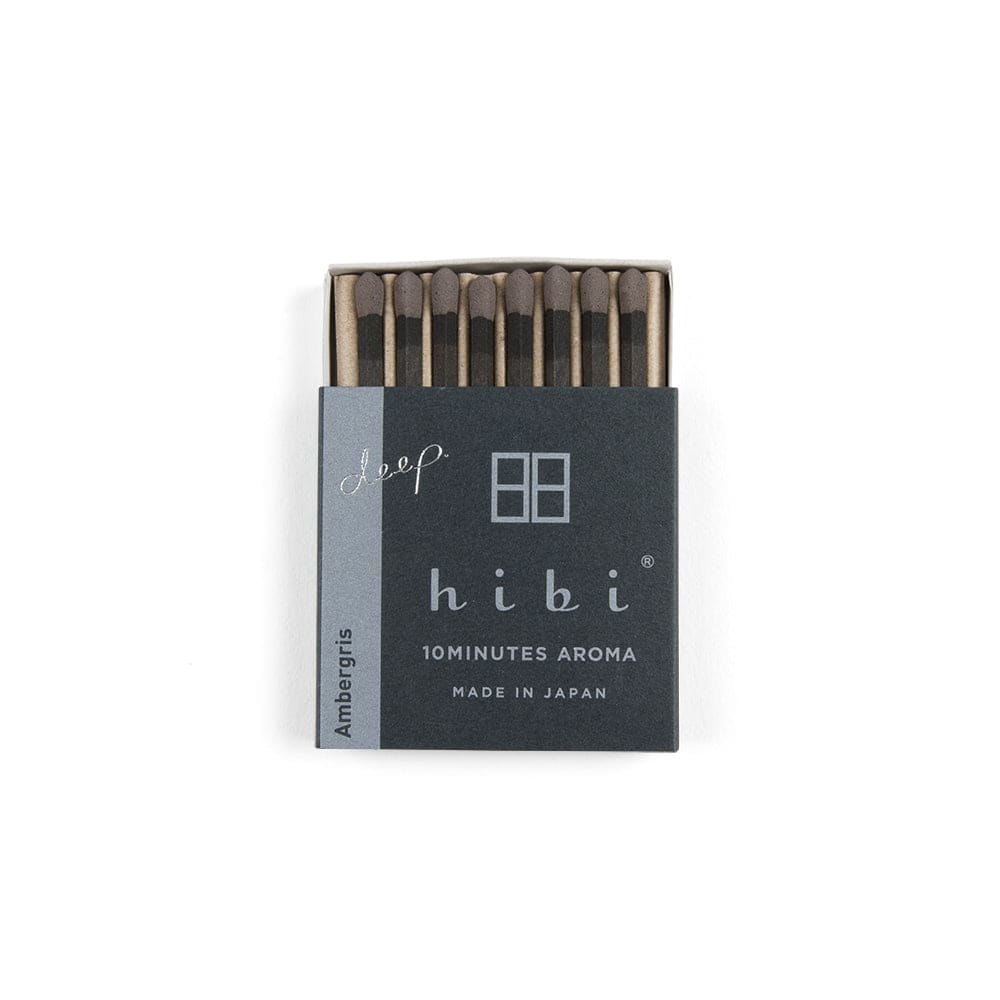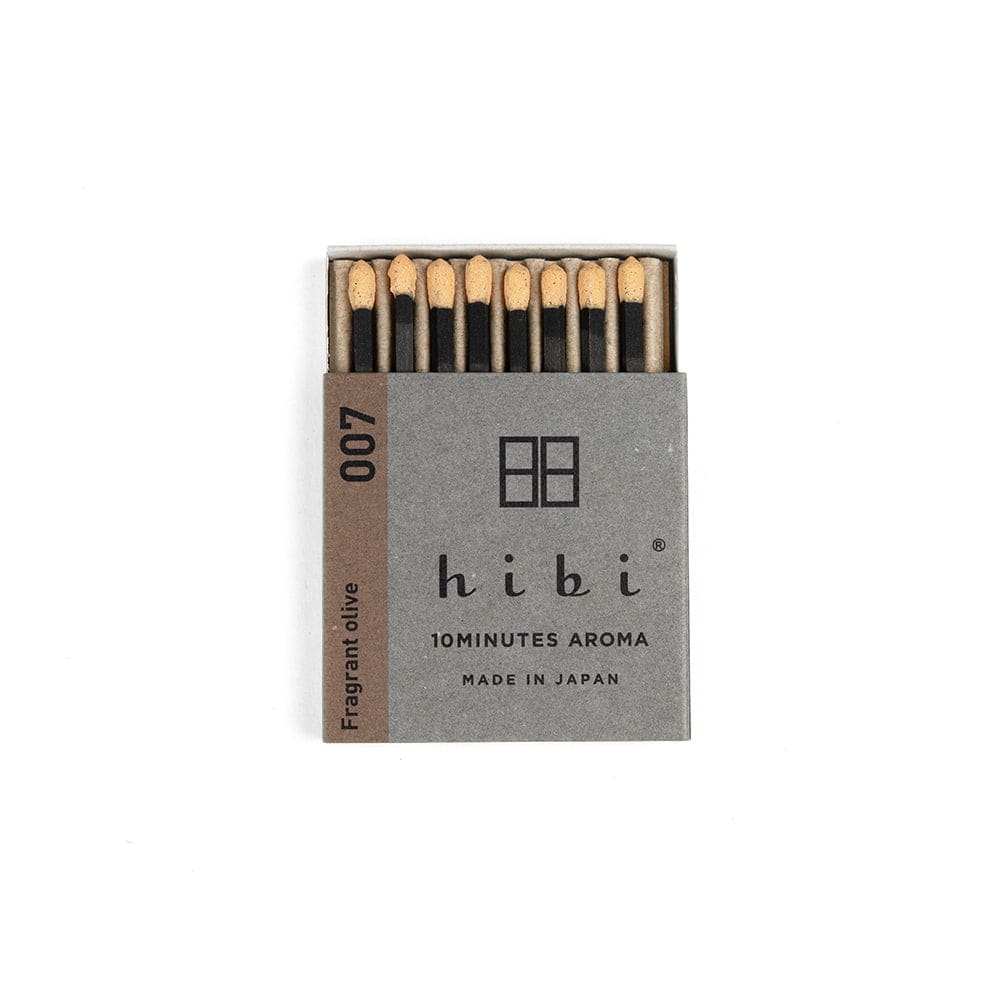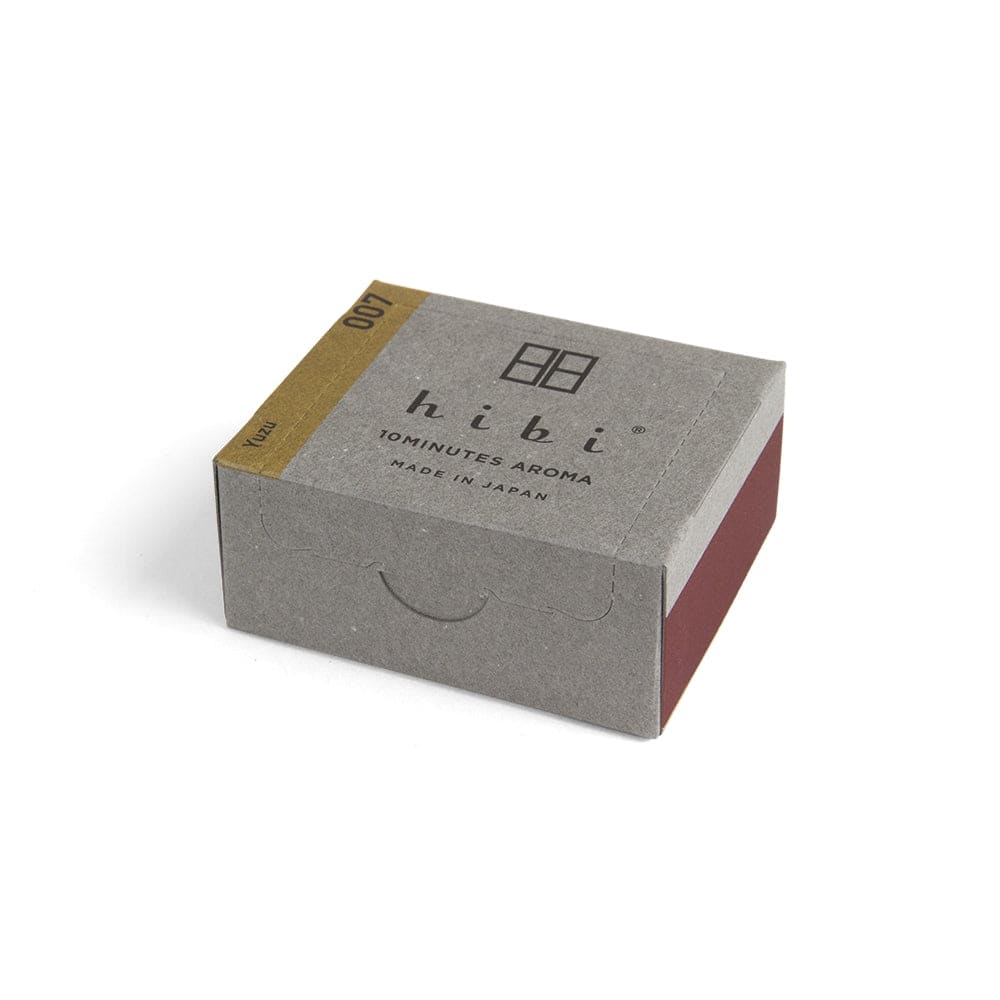Hibi: incense matches made in Japan
We were first drawn to the sleek design of Hibi products. Made in Japan, the incense is elegant and incredibly clever in its design. It was created to function like a matchbox, unlike anything known. The packaging it comes in is compact and resembles a traditional matchbox. Inside are eight small incense sticks shaped exactly like — you guessed it — strike-anywhere matches. Composed of delicate yet captivating scents, the Hibi collection includes fragrances such as classic lavender and essential Japanese aromas like Yuzu.
To use the incense, simply strike the head of the stick on the side of the box. When lit, tilt it downward so the flame continues to burn. When the flame reaches the incense part of the stick, blow it out and place it on Hibi's exclusive round mat to let it smolder and release its gentle bouquet (the Hibi team told us their mat is an original design with a patent pending and is made from non-flammable materials).
Each stick burns for about 10 minutes, but the scent lingers in your space much longer.
A collaboration between two traditions
It's easy to fall in love with Hibi incense: its unique design and high-quality scents make it an extremely successful product. However, we wondered: "Why a matchstick?" Beyond the playful aspect, was there a practical reason for this concept?
It turns out the story is not just about a simple gadget.
Hibi was born in 2011, when two respected Japanese manufacturers from Kiyogo Prefecture (think in terms of province) met and had the idea to collaborate. They designed a useful product that would highlight their respective crafts.
First, there is the Daihatsu company, which has been producing incense for 80 years. The use of incense has been an integral part of Japan since the 9th century AD. Originally, it was a religious offering, but it quickly evolved into a daily cultural element that still exists today. The Hyogo Prefecture region, where Daihatsu operates (Awaji Island), is said to account for up to 70% of the country's incense production, and this renowned company has continuously contributed to this success.
Secondly, there is the Kobe Match Corporation. Founded in 1929, this company emerged after match production on the island boomed following the introduction of fire-starting technology by Europeans in the late 19th century. Since then, Japan has become a leader in manufacturing high-quality matches, and Kobe Match has helped keep this local industry alive. Unfortunately, match use has declined in our modern era, but brands like Kobe Match remain passionate about preserving their tradition.
"Matches don't need to play a leading role. However, we would like to convey the roots and tradition of our industry." - Kobe Match Corp.
When these two esteemed companies first met, they forged a bond based on a simple idea. After three years of hard work and careful development of this idea, the final product we have today represents the best of Japanese craftsmanship. Not only did they succeed in creating something from their original vision, but they also managed to give a new purpose to both of their industries.



